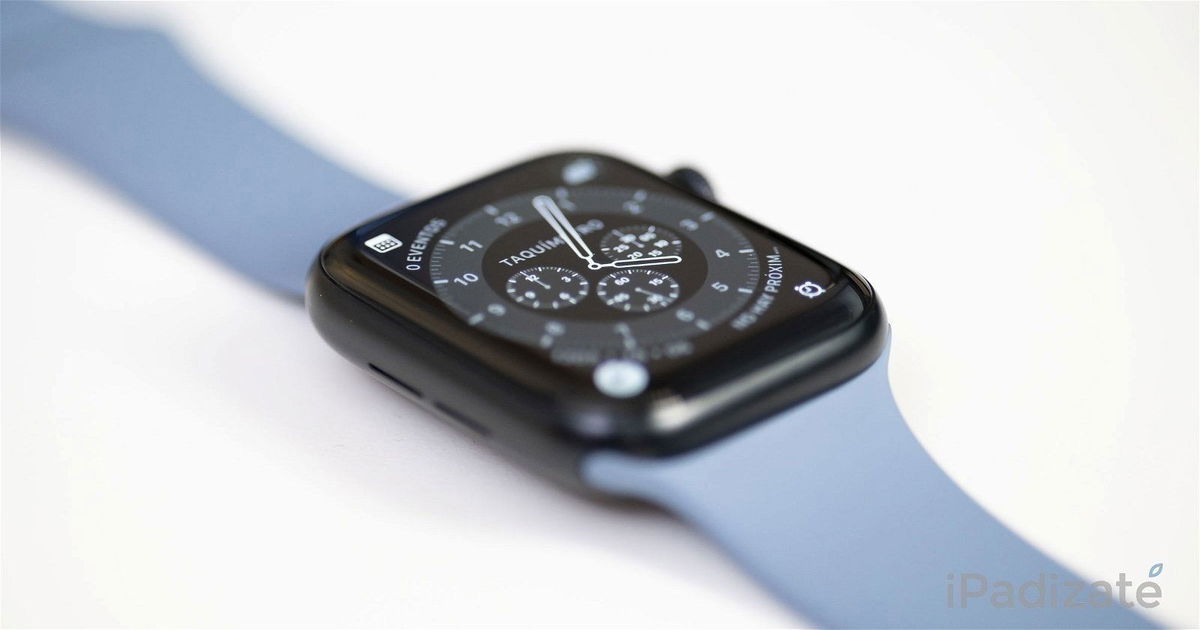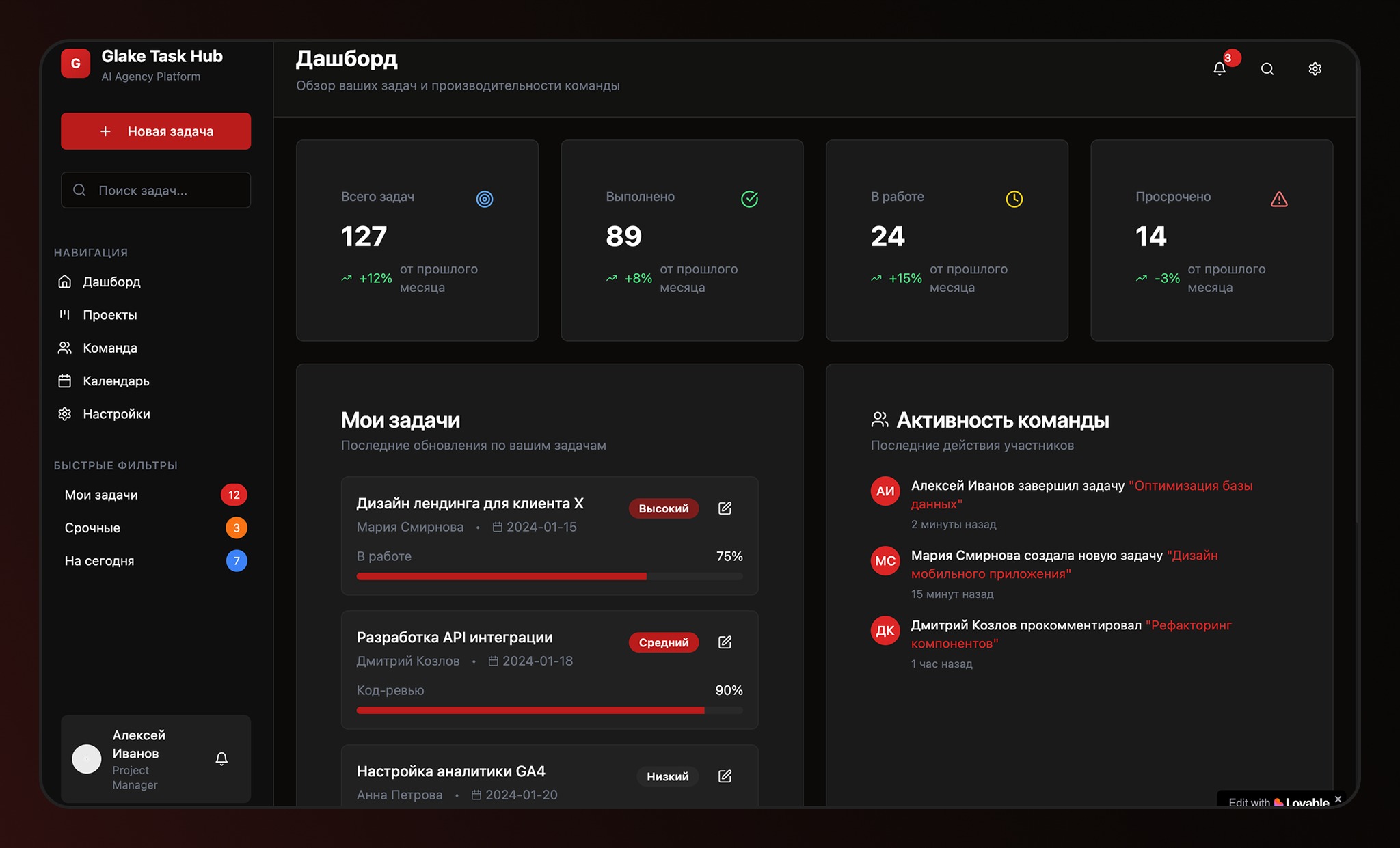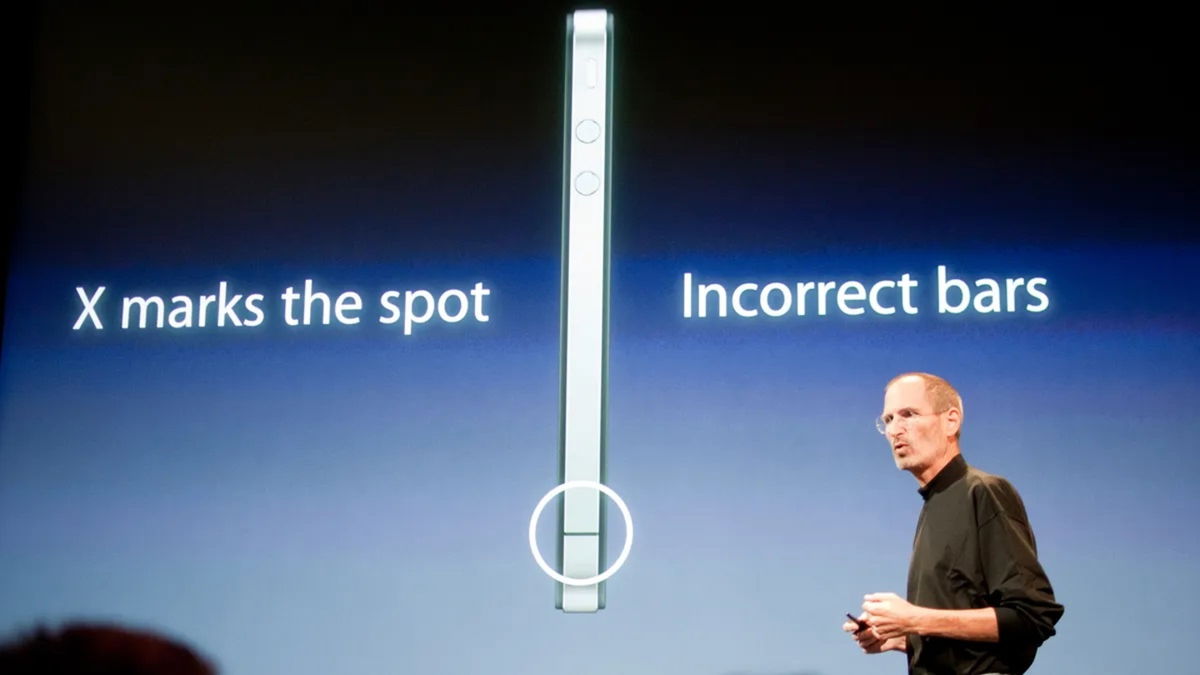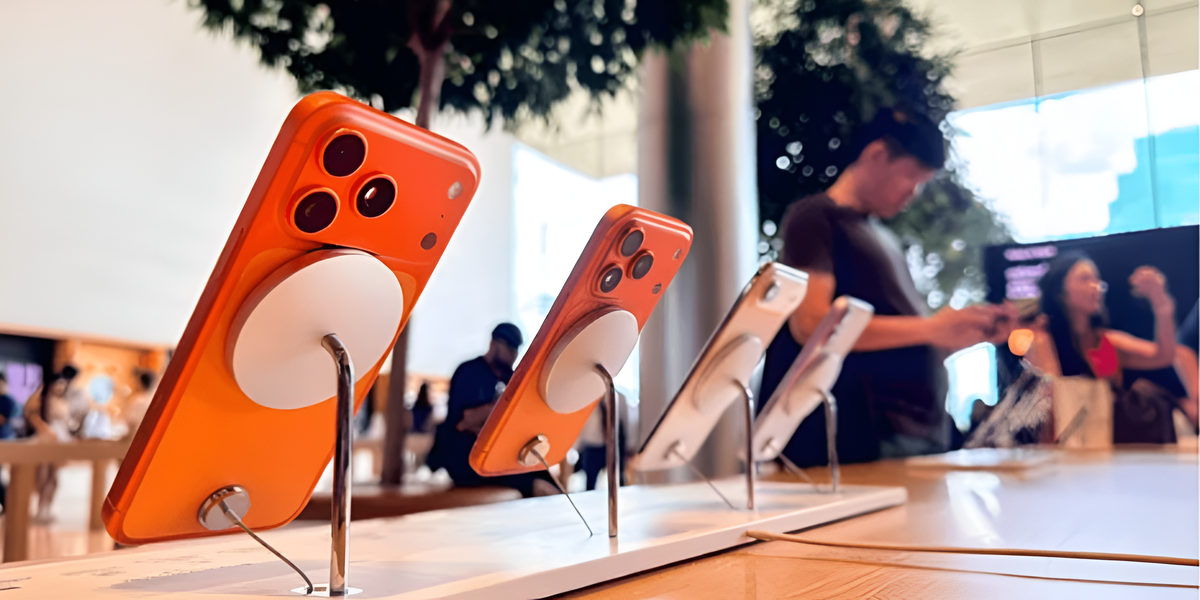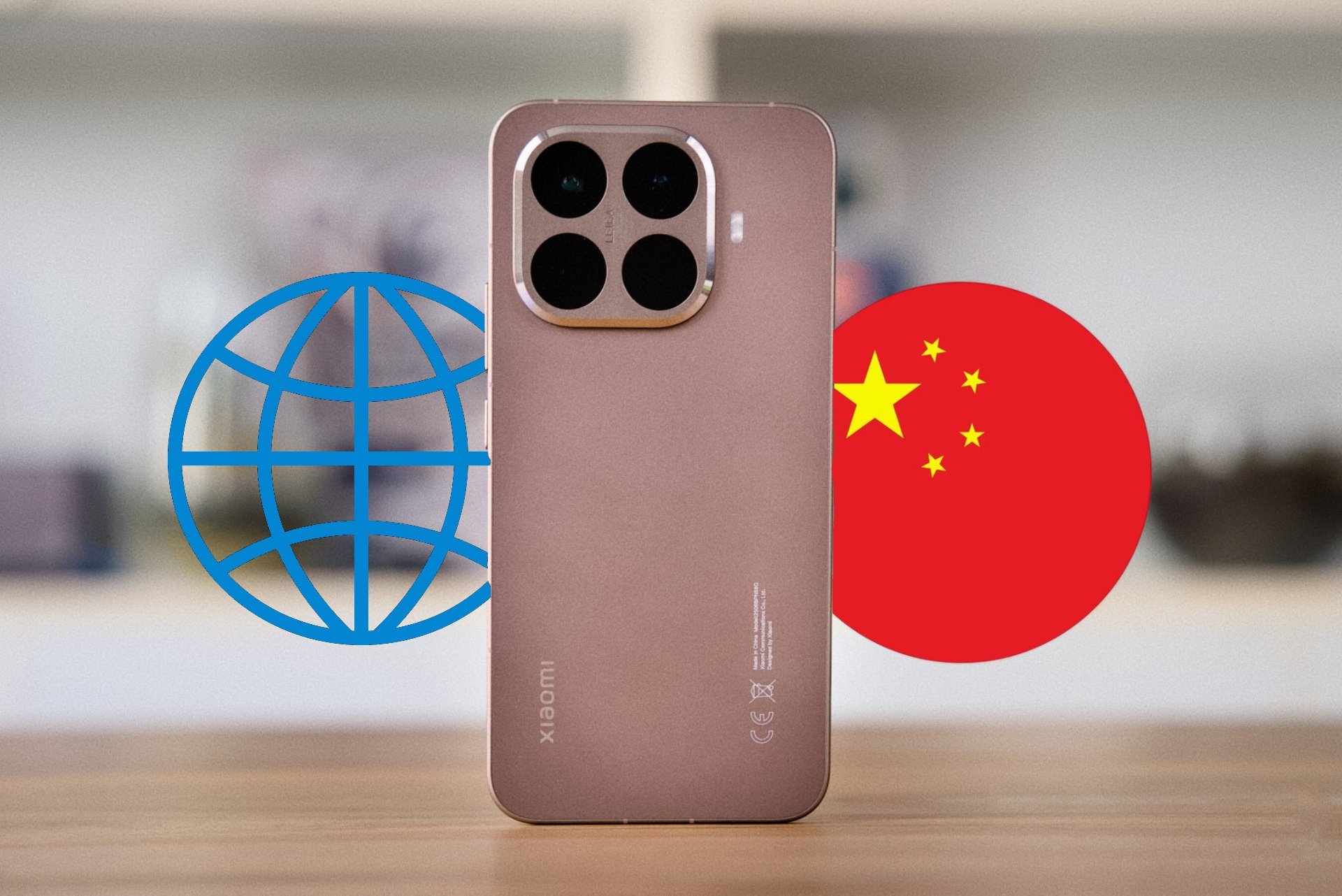On Tuesday, TikTok announced that Oracle has begun reviewing its source code. Social media chief executive Shaw Chu said that the American software company will now be the default destination for US user data.
“The Chinese government has never asked us for user data from the US, and we will not provide it even if asked.”the executive insisted Bloomberg Televisionduring the Qatar Economic Forum. “We will continue to invest to ensure that our data is as secure as possible,” he said.
His team will also develop European version of this local hosting initiative with data centers in Ireland and Norway. This is all to allay fears that Chinese company ByteDance’s TikTok user information will be shared with the Chinese government.
Last week, TikTok faced a ban on downloading the app in the western US state of Montana, a measure that will take effect within a year. This is the first general user ban in the country. The social network has already been banned for use by federal officials.
Agreement between TikTok and Oracle, a key measure
“We believe the recent bill passed in Montana is simply unconstitutional,” Chu said of the ban. TikTok has already filed a lawsuit to challenge the decision in court.
The agreement between TikTok and Oracle is key at a time when the social network is under the guns of US lawmakers. ByteDance, one of the most valuable startups in the world, is under scrutiny from the US National Security Agency. In addition, he may face legislation prohibiting his activities in this country.
According to the magazine, TikTok executives came to internally discuss the ByteDance split. once. However, the Chinese government has made it clear that it will oppose the forced sale.
Such a move “would seriously undermine the confidence of investors from all countries, including China, in investing in the United States,” Shu Jueting of the Asian giant’s Commerce Department, acting as a lobbyist, said in March.
It’s not just the United States. TikTok has been banned by the governments of Canada, the European Union, the UK, New Zealand and other countries. All of them have banned their officials from using the platform, citing privacy and national security concerns.
Source: Hiper Textual
I’m Ben Stock, a highly experienced and passionate journalist with a career in the news industry spanning more than 10 years. I specialize in writing content for websites, including researching and interviewing sources to produce engaging articles. My current role is as an author at Gadget Onus, where I mainly cover the mobile section.

